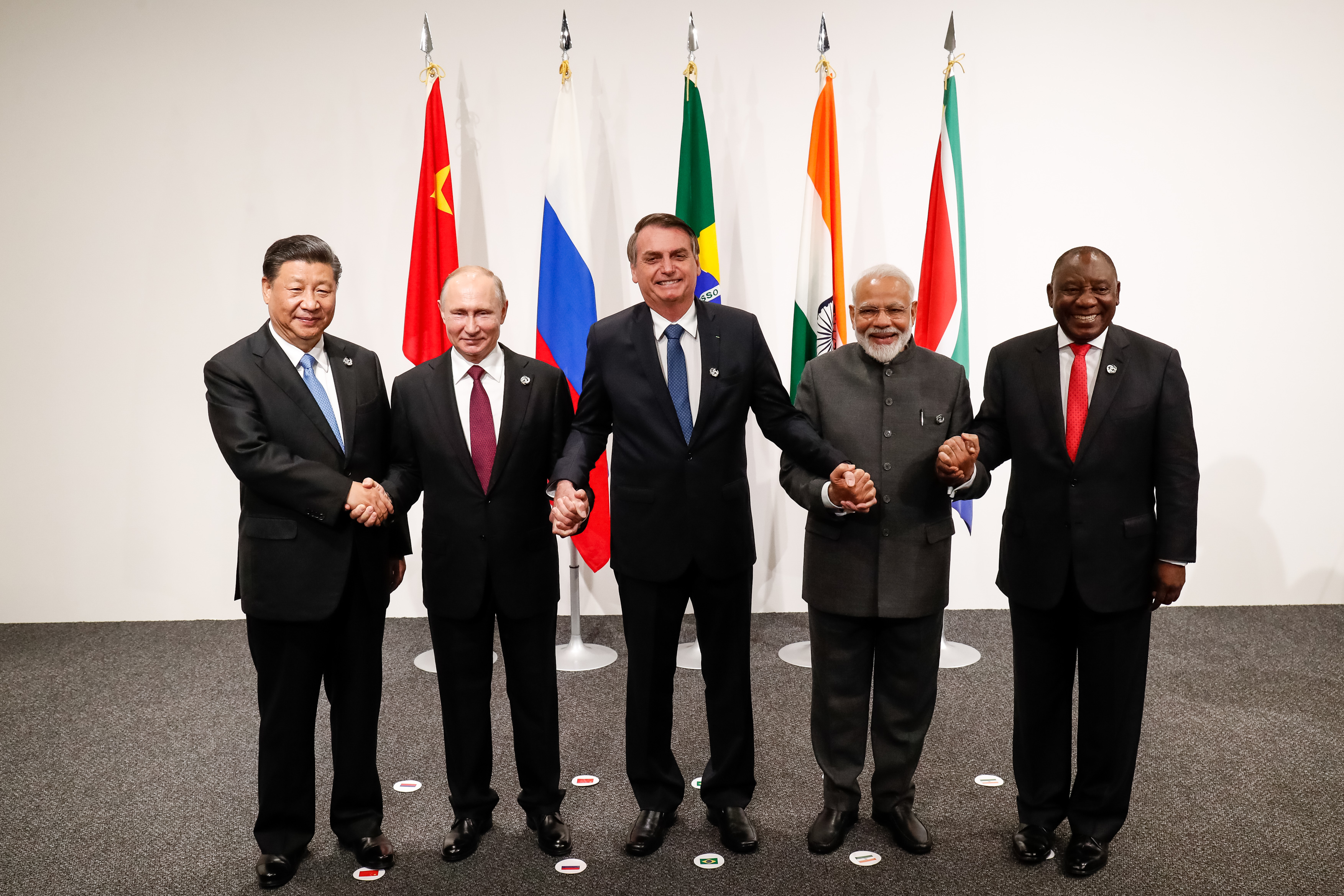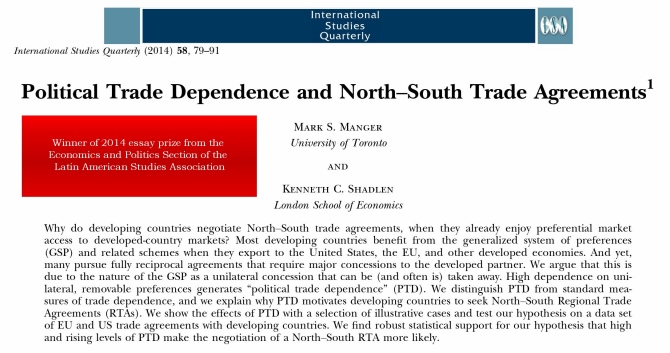 E.A. Brett
E.A. Brett
Professor in the Department of International Development, LSE
While in our view the concept of a self-regulating market was utopian, and its progress was stopped by the realistic self-protection of society, in their [liberal] view all protectionism was a mistake due to impatience, greed or shortsightedness, but for which, the market would have resolved its difficulties. The question of which of these two views is correct is perhaps the most important problem of recent social history, involving as it does no less than a decision on the claim of economic liberalism to be the basic organising principle in society. Karl Polanyi (1944: 148).
The on-going crisis, like earlier great depressions, has occurred in a world governed by liberal, market-based institutions that are supposed to maximise global growth, equity and stability and thus solve the ‘central problem of de-pression prevention’. They have actually produced rapid but uneven development, this time fuelled by a credit boom that collapsed in 2007/8, followed by an economic crisis marked by over-extended banks, over-indebted countries, firms and households, and falling investment, wages, and tax revenue. This has produced ‘a variety of vicious cycles’ that are devastating the weakest economies and reducing growth in the strongest.
Policy makers have responded by forcing deficit countries to cut public spending, reduce labour costs, and improve the regulations needed to make markets work better. Unlike the 1930s,however, even policy makers on the left rarely question the role of markets themselves in generating the inequalities and unemployment that created and are perpetuating the crisis. Instead the liberal claim that free markets will automatically move resources from stronger to weaker economies and classes in the absence of inappropriate policy interventionist policies are rarely questioned, nor are their corresponding demand for austerity programmes and deregulated labour markets that are supposed to solve the problem, but are actually increasing deflationary pressures, global inequalities and political and social tensions in weak states and regions.
This paper tells us why our failure to resolve the crisis has less to do with poor policy management in weak states, than with the inherent tendency for free markets to promote uneven development and instability because strong countries and firms outcompete and marginalise weak ones when they can exploit scale economies that their competitors cannot match. We show that orthodox economists ignore this problem, but that serious radical theorists have shown that it must destabilise open systems by reducing investment and consumption in deficit countries and lead to generalised deflation by reducing the export markets of their strong competitors as well.
This technical proposition has crucial political and policy implications because it justifies the need for collective interventions that not only regulate markets, but also correct them by redistributing resources from strong firms and countries to weak ones. The paper then looks at the theoretical, policy and political implications of this proposition. It shows that the classical trade and balance of payments theories developed by Say, Hume, Ricardo and Arthur Lewis, no longer hold when scale economies enable successful firms, countries and regions to outcompete weaker ones, producing the inequalities and instability that have dominated the modern era.
We also show that technological change facilitated by competitive markets is indispensable and can also benefit less successful players, but only when redistributive policy regimes enable them to survive and prosper by importing new technologies from, and exploiting market opportunities in, strong states. It then shows that the inequality and crises generated by free trade have always produced a corresponding need for redistributive policies that now include banking bail-outs, Eurozone and IMF credits, negative interest rates, money creation and international aid. It emphasises the critical but unsustainable role of deficit spending in the USA sustained by its central role in the world economy and monetary system, and the counter-productive and asymmetrical nature of the pressures now being imposed on deficit countries in the absence of any reciprocal pressure on surplus countries to reduce their exports and thus enable deficit countries to invest and grow.
We also show that it was struc-turalist, not liberal, policies that enabled deficit countries to overcome these problems and generate the long boom in the post-war era, policies that their successors can no longer adopt. It concludes by attributing the failure to challenge the existing orthodoxy to the ability of the strong states, firms and communities that benefit from it to oblige weaker states to accept it in exchange for credit and investment, and to their ability to manage elections and public debate by financing political parties, interest groups, lobbyists and the media.
But we also show that current counter-productive policies will continue to discredit the liberal model and should enable radical movements to demand far greater concessions from the established elite in exchange for their continued compliance, and more especially, that the long-term prosperity of the winners as well as losers depends on their willingness to accept far more radical redistributive policies than are now on the political agenda.
Read the full article on our department web page here.






Dear Teddy, so good to read you, and what a great article. Should be required reading in both Berlin and Athens these days.